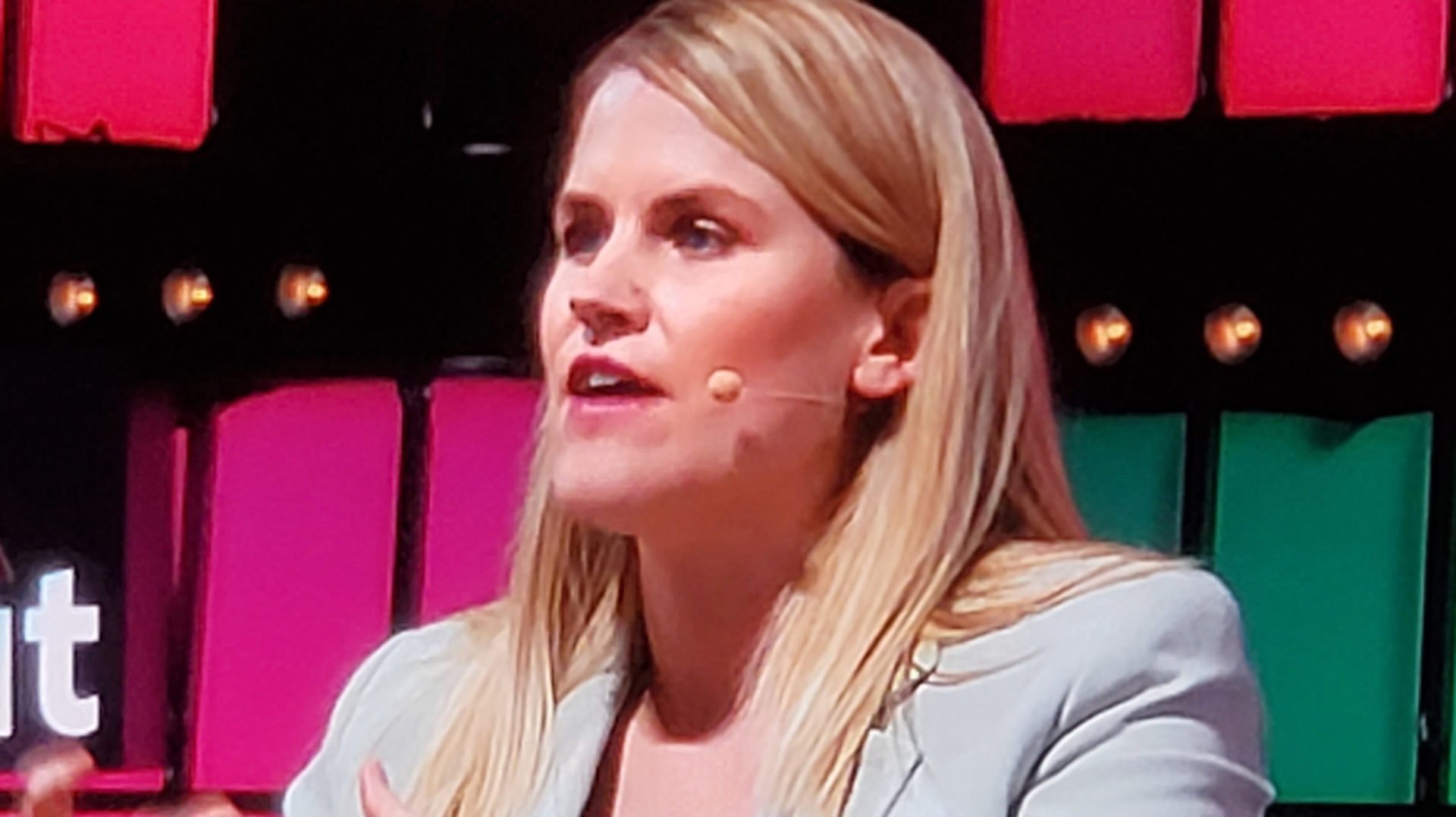
Less than a year ago, Kaiser Permanente CEO Bernard Tyson predicted at the Techonomy 2016 conference that the incoming White House administration would be unlikely to repeal Obamacare once its new staff got “under the hood.” As we now know, that turned out to be a prescient assessment. But the whirlwind surrounding healthcare is still going strong.
During the latest Congressional contortions aimed at finally, totally, convincingly overturning Obamacare, the posturing and machinations on both sides of the aisle left me (and countless others) feeling that common sense had long ago left the room. The entire spectacle had me asking three fundamental questions, in the hope that we may have more useful discussions going forward.
Why Isn’t Health the Primary Goal?
We’ve heard a lot in recent months about whether healthcare is a right or a privilege, just as we’ve heard debate about whether Medicaid and Medicare should be considered welfare or insurance programs. While politicians and pundits have been busy scoring points with their target audiences, what we haven’t been hearing matters a lot more.
Simply put, there’s huge public interest in having a healthy society. Healthy people are more productive at work, contributing to the goods and services that boost our GDP and earning more money that can be taxed by the government. Healthy kids spend more time in school and get stronger educations. And health is a virtuous cycle, because healthy people don’t spread dangerous germs to others. Healthy people cost society less, because others don’t have to chip in so much to cover their care. That’s true about Medicare and Medicaid; it’s true about commercial insurance, and it’s true when an uninsured person walks into an emergency room.
So why is the conversation about semantics and morals, when it should really be about how to provide healthcare to as many people as possible? From preventive care to helping people manage chronic disease better, there are myriad ways to approach that goal. While they might differ depending on one’s political views, at least the outcome is one we could all applaud. A healthy society is a cheaper, more productive, and happier society. Any government should be focused on that. Right?
Why Doesn’t Our Government Have Some Skin in the Game?
In New York City, many government departments require that employees live in the city they serve. While there are probably several reasons for that, an important one is the idea that people who are enforcing policies and setting agendas should be subject to those same policies and agendas. These employees have a vested interest in making things better for their fellow New Yorkers.
When it comes to healthcare, which represents more than one-sixth of our economy, shouldn’t we expect a similar approach? I believe that the healthcare debate in Congress would have gone very differently if the representatives and senators knew that their own health insurance would be subject to whatever new rules they put in place. Instead, the certainty that their first-rate, government-subsidized insurance would remain excellent no matter what policies they enacted probably contributed to the craziness we witnessed.
In recent years, insurance companies have shifted more costs to consumers, arguing that people will be more mindful of expenses if they have to shoulder more of them. People who have skin in the game, they say, will make better choices. Why do we not demand that of the people charged with choosing the health insurance framework for the whole country?
Why Aren’t We Seeking Better Information?
It’s fairly well known by now that Americans pay dramatically more for healthcare and wind up with far worse outcomes than people in most developed countries. (See Why American Healthcare is So Hard to Heal for details.)
What forces are responsible for that? There are lots of unanswerable questions in this world, but this isn’t one of them. Round up a bunch of scientists, clinicians, and health-policy experts, and you can get a pretty comprehensive look at the variables that play a role in health costs, outcomes, and their relationship to each other. It isn’t rocket science. So in the midst of the healthcare and insurance crisis in our country, why hasn’t Congress appointed a blue-ribbon panel to take up this question and get the answers to help guide policymaking? Wouldn’t that be the sensible thing to do?
No matter which side of the Obamacare debate you’re on, almost all of us can agree that the healthcare and insurance systems in this country could use serious improvement. Discussions about how to do that will only bear fruit if we start off by asking the common-sense questions.
Why Isn’t America’s Healthcare Debate about Health?
Why aren't "reformers" talking about making Americans healthier rather than taking a stilted, partisan approach to "healthcare reform"? Writer Meredith Salisbury says we are not asking some basic questions about U.S. insurance and policy. We've got to start.















